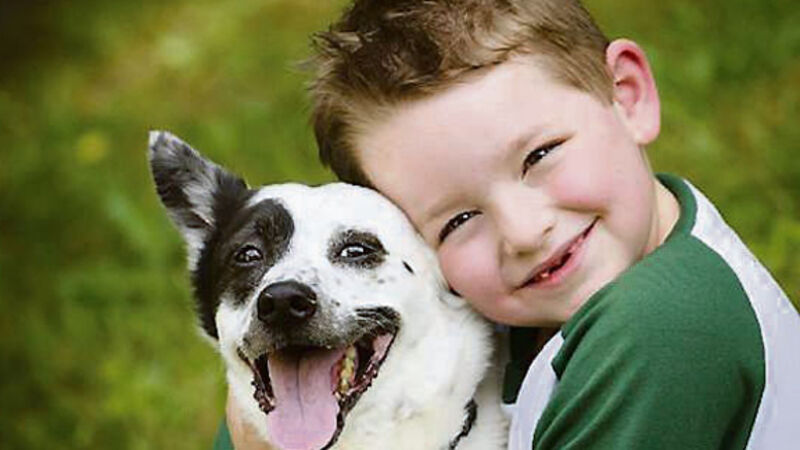Start-ups take the lead in growing pet care business

A study last year found that 61% of Irish households own either a dog or a cat. And more than half of the world’s population own a pet, according to an online survey carried out by market research company Gfk.
Dogs are the most popular pets, and Irish start-ups are tapping this market, providing solutions to pet owners arising from their own experiences.
















